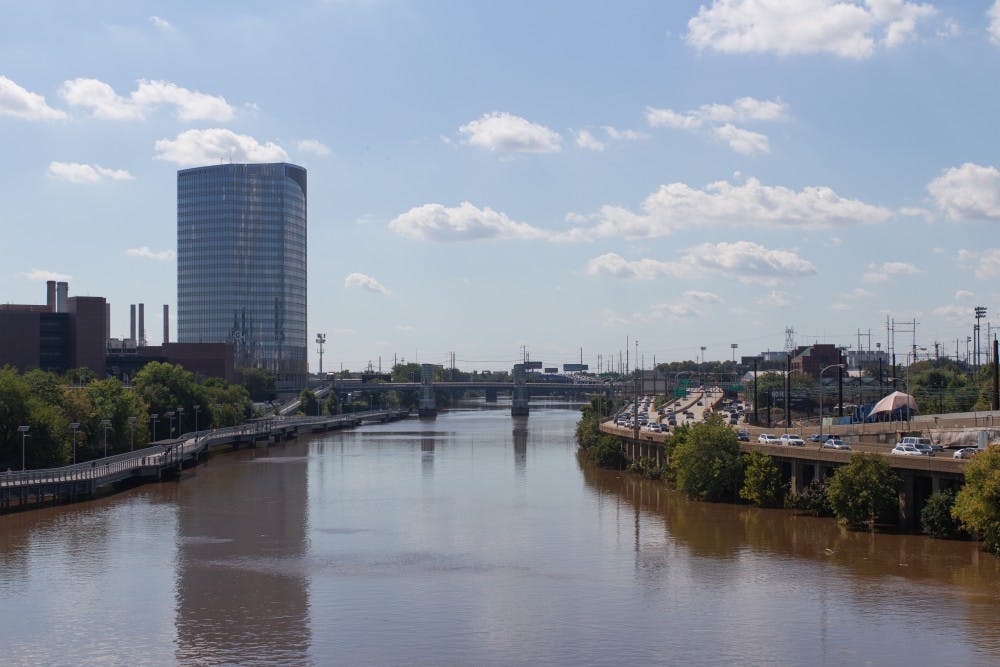After four years of embarking on an upstream campaign to fund a dredge of its namesake river, the Schuylkill Navy — with the help of Penn — may finally be making some headway.
The city hosted a meeting on Sept. 28 with the Schuylkill Navy and seven local universities, including Penn, to discuss the possibility of dredging the river through private fundraising. Without the dredge, the river may be unfit to host crew meets for rowing teams, such as Penn's, as soon as 2020.
The last time the Schuylkill was dredged was in 1999, and the build-up of silt has made the river so shallow in places that the crew community has expressed concerns over the future navigability and safety of the river.
The September meeting was held by Philadelphia Managing Director Michael DiBerardinis, and in an emailed statement to The Daily Pennsylvanian, he emphasized the river's importance to the community.
“The City recognizes the importance of rowing on the Schuylkill and is actively working with stakeholders on a strategy to ensure that rowing activities will continue to thrive there in the years ahead,” DiBerardinis wrote.
With an estimated $4.5 million needed to dredge the river and a lack of responses from Harrisburg and Washington, the Schuylkill Navy has turned to the city's universities for help with funding.
The attending universities in September's meetings included the University of Pennsylvania, Drexel University, Thomas Jefferson University, St. Joseph’s University, La Salle University, Temple University, and Villanova University, according to head of the Schuylkill Navy’s River Restoration Committee Paul Laskow.
Laskow reported that significant progress was made with the universities during the meeting. He described the representatives from each university as “well-engaged” and said that each school agreed to “rapidly consider significant commitments to private funding."
Penn spokesperson Stephen MacCarthy wrote in an emailed statement that Penn is responding to “the city’s challenge” with similar optimism.
“Penn and other colleges and universities, as well as other interested parties, continue to be in discussions with the City of Philadelphia about how to address the dredging issue,” McCarthy wrote. “We are pleased that those discussions are making progress.”
One of the universities, which Laskow would not cite by name, gave an even stronger show of support, he said. The university's president moved beyond only considering a commitment and declared his school’s fundraising intentions while at the meeting. The other universities’ representatives “were not quite ready” to go that far, Laskow said.
Laskow declined to identify the university which declared its fundraising intentions, as well as the school representatives who attended the meeting. He said, “he didn’t want to get too much into [the universities’] discussions” because it is still “a very delicate time.”
Laskow emphasized, however, that the Schuylkill Navy is not trying “to pressurize” the schools to contribute more. He anticipates different levels of commitments due to the differing sizes of the schools' rowing programs.
During the meeting, Laskow said the city also asked the rowing community, as led by the Schuylkill Navy, to take on more immediate costs in the next dredge. This direct fundraising contribution would be on top of the group's commitment to organize a decennial dredging program to dredge the Schuylkill once per decade.
“That’s the city’s challenge and we’re responding to the challenge,” Laskow said.
According to Laskow, a follow-up meeting between the city, the Schuylkill Navy, and the universities will be held during the first week of November.









